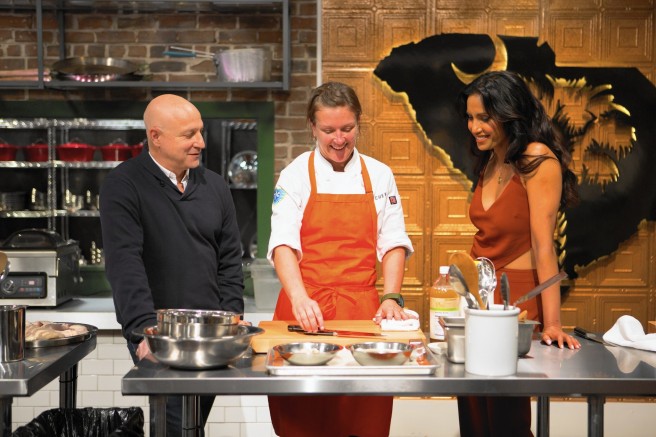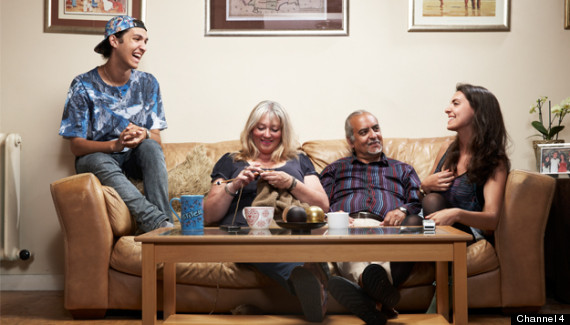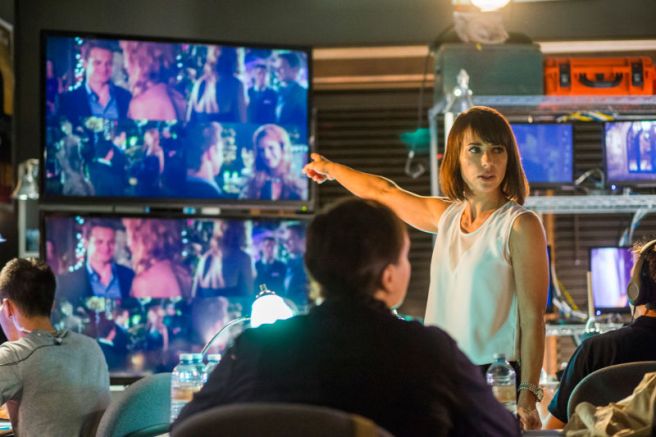I Am Cait, a reality television show that aired on E! in July of 2015, was recently cancelled. The show featured the transformation and experiences of Caitlyn Jenner as she entered the public eye as a member of the transgender community.

The show kicked off with 2.7 million viewers during the premiere of the first season – breaking E! records. The show’s ratings fluctuated during the first season and during the second season it fell to record lows. In response, both E! and Jenner mutually decided to halt the show. During an interview with Variety, an E! spokesperson said, “We are incredibly proud of the two seasons of ‘I Am Cait,’ a groundbreaking docu-series that sparked an important and unprecedented global conversation about transgender people, their struggles and triumphs.”
The fluctuation in ratings and the good terms both the E! family and Jenner seemed to be on beg the question: why was this reality television show cancelled?

Itay Hod, a reporter for The Wrap, writes, “When she first cam out to Iiane Sawyer in April 2015, Caitlyn Jenner became the most of LGBT Hollywood. Close to 17 million people tuned in to watch her ABC exclusive, seen as a turning point for the transgender community.” Within a year, though, Jenner became a disappointment to the same community she had made so proud months ago. In fact, one activist, Zoey Tur, said “Someone needs to tell Ms. Jenner she’s a transgender…there’s a great disappointment among people in the community.”
The main reason for this shift in public opinion is due to Jenner’s involvement in politics. Jenner publicly announced her support for Ted Cruz, saying he is “a great constitutionalist and a very articulate man.” She even went as far as to offer him a spot as, what she referred to, a “transambassador.” This did not sit well with Cruz’s campaign nor the supporters of Jenner. Cruz has openly said that “boys, with all the God-given equipment of boys” should not share shower rooms with girls, calling it “lunacy.” To make matters worse, Jenner has also openly supported Donald Trump, saying that she thought “he would be very good for women’s issues.”
Another reason for the declining support of the LGBT community for Jenner and her show is because of her lack of representation of people in the community. They believe Jenner does not face the same struggles as many transpeople, with having an overwhelming amount of fame, money, and public support- something the majority of people undergoing the same struggles do not have. She has also been accused of poorly representing the community because of her lack of knowledge. Specifically, in a season 1 episode of I Am Cait, Jenner publicly said she did not know the meaning of the term ‘HRC’, which stands for Human Rights Campaign, the largest LGBT organizaiton in the country. LGBT activist, Danielle Moodie-Mills, said, “I find it very disappointing that through ‘I Am Cait’ and her conversations with less advantaged trans people there hasn’t been a cultural shift in her understanding of the movement.”

Lastly, Jenner was invited on an episode of the Ellen DeGeneres show, where she said that she’s “a traditionalist on many issues but that if the word ‘marriage’ is that important to those fighting for marriage equality, [she] can go with it.” This openness of being a conservative and not outwardly fighting for the rights of the community is essentially why she lost support within the LGBT community.
Jenner has been referred to as “an insult to transpeople” and “an insult to women.” This disapproval from the LGBT community essentially cost Jenner the show.


















